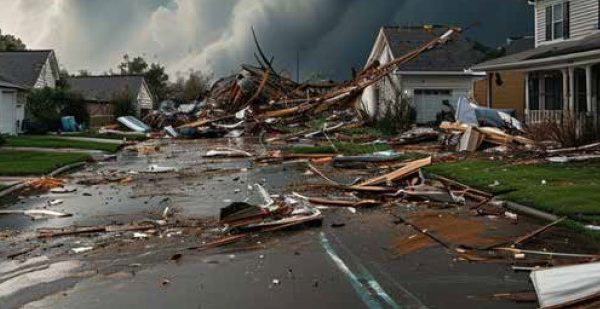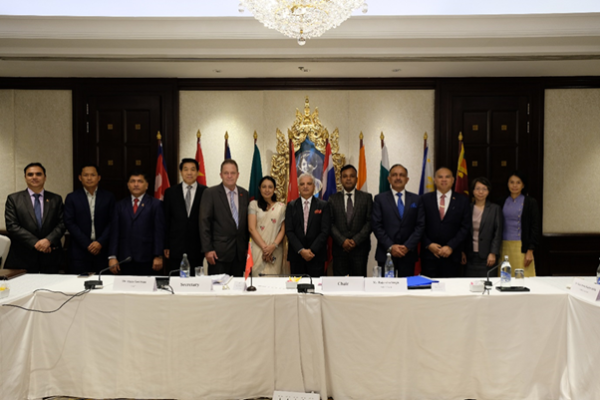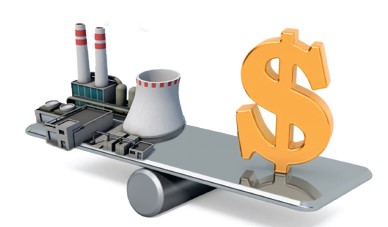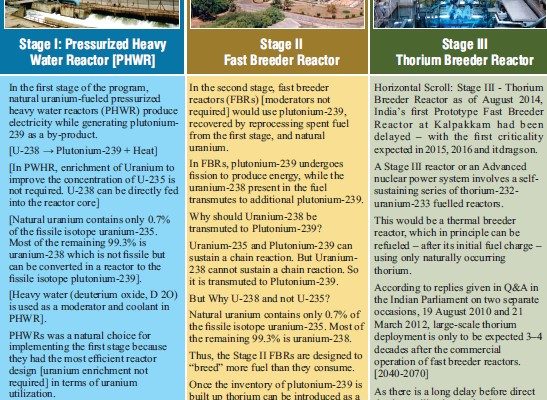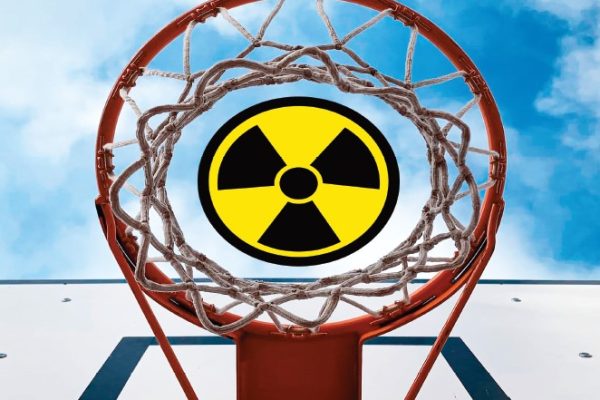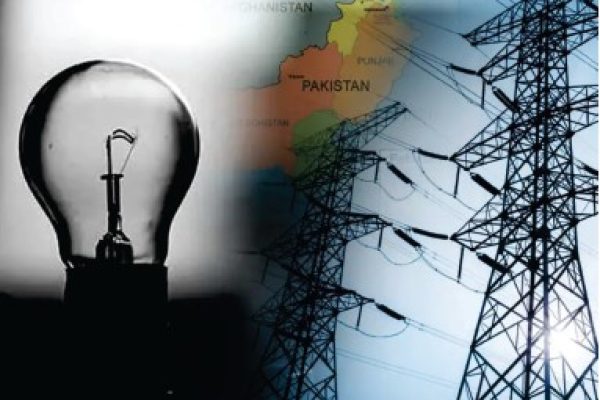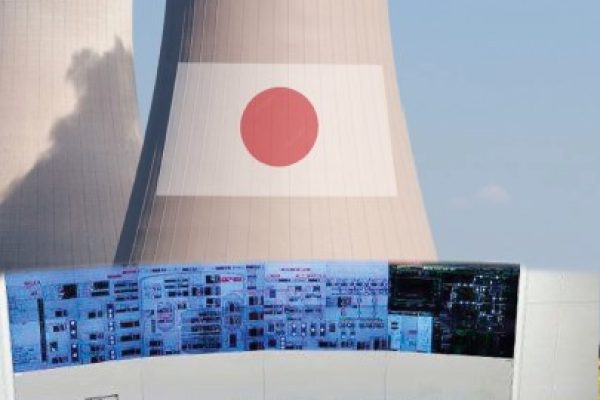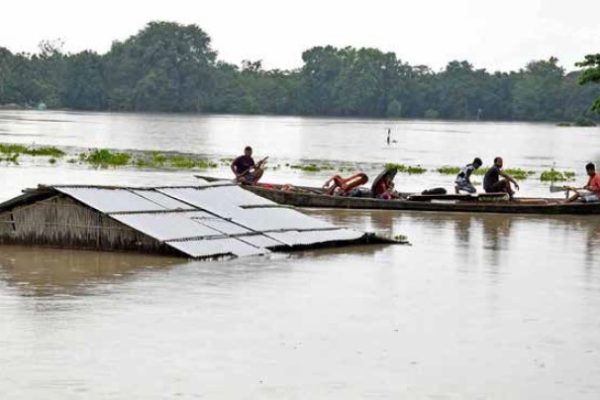
Assam Floods: Examining the regular flooding in Assam, Challenges and how local communities adapt
Eddie L. Ralte is a seasoned disaster management professional and a Cyber and Strategic Risk Consultant at Deloitte, specializing in resilience and risk mitigation strategies. With extensive fieldwork experience and a track record of successful research, he has significantly contributed to enhancing disaster preparedness and response frameworks. This article contains an in-depth examination of the…


